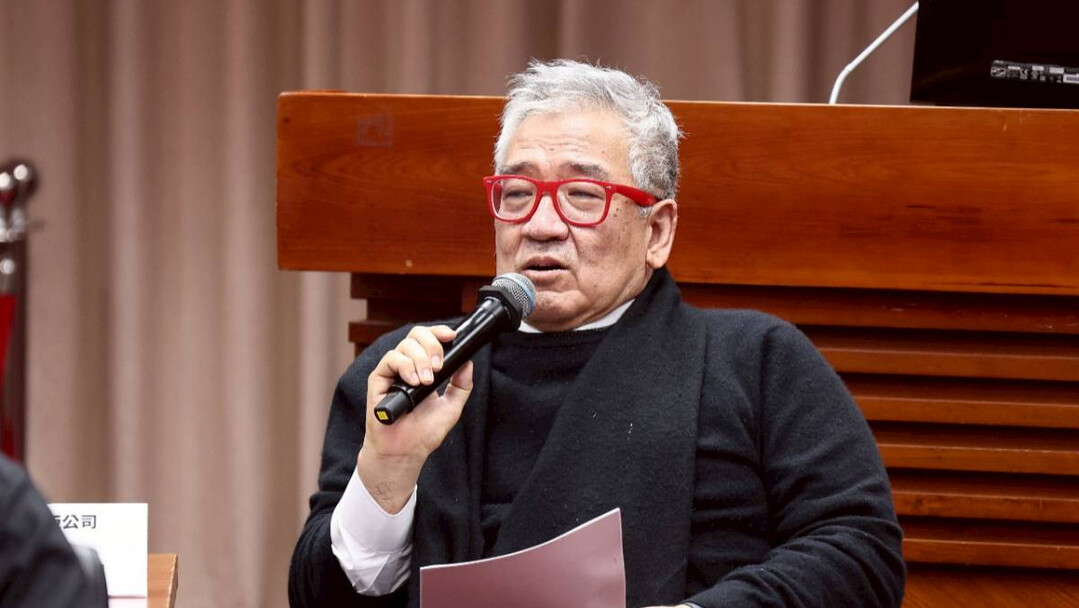
On the 26th, the first round of the massive recall vote, which shook Taiwan's political scene, came to an end. While the recall motions against 24 KMT-affiliated legislators and Hsinchu Mayor Kao Hung-an all failed, within the shadow of that failure, Taiwanese society discovered a new political possibility. Former National Policy Advisor to the Presidential Office and cultural figure Hao Ming-i defined this recall movement as a "truly non-partisan civic action" and a "new starting point for Taiwan's new politics," emphasizing the need to move forward without being preoccupied with the results.
The most significant meaning of this recall movement was its ability to break down the traditional boundaries of "blue (KMT)" and "green (DPP)," bringing together citizens from diverse political backgrounds. As Hao Ming-i mentioned, the unusual sight of the Republic of China flag and the Taiwan independence flag flying side-by-side was a symbolic event that transcended the dichotomous thinking that has dominated Taiwanese politics. This shows that citizens are beginning to focus on universal values like "personal responsibility" and "political justice" beyond the ideologies of specific political parties.
Hao Ming-i praised the countless "hidden heroes" who made this movement possible. In particular, the composure of the female volunteers in the face of provocation and the determination of the "orthodox KMT supporters" who bravely came out into the open were crucial elements that defined the nature of this movement. They temporarily set aside their existing political identities and were faithful to their civic duty of holding their politicians accountable. This served as a warning to politicians and a new model for political participation for citizens.
Although the voting results were not what the citizens who supported the recall had hoped for, this movement created value far beyond a simple vote. Countless citizens learned a new way of communicating and uniting with each other, both online and offline. Hao Ming-i emphasized that this is a "new way of understanding and communicating with each other." The sense of community and the experience of political participation forged during this process will become an important asset for Taiwan's politics in the future.
Of course, the road ahead remains dark and uncertain. As Hao Ming-i pointed out, the reality of the recall's failure left citizens with the lesson to "not let their guard down." However, what is important is the will to not be discouraged and to continue moving forward. This massive recall was not a failure but the first step in an attempt by Taiwanese citizens to proactively change the political landscape. Perhaps this failure could become the foundation for a greater success. As in Hao Ming-i's final sentence, "It is our responsibility and pleasure to protect Taiwan," the citizens of Taiwan will use this experience as a stepping stone to continue their journey toward a new politics.
[Copyright (c) Global Economic Times. All Rights Reserved.]




























